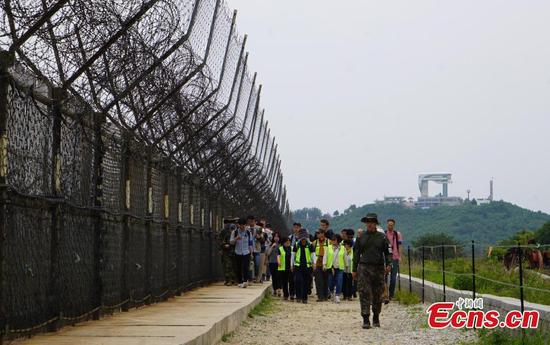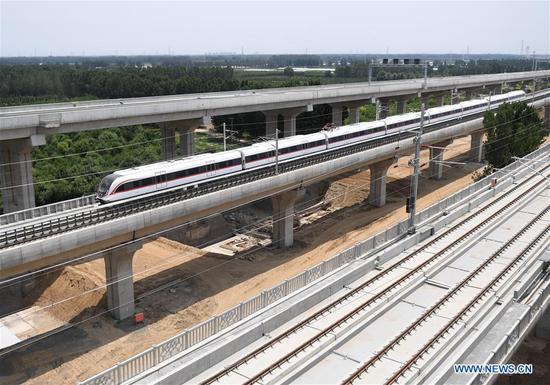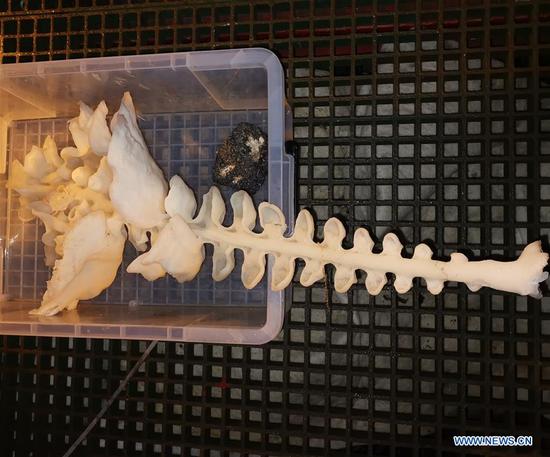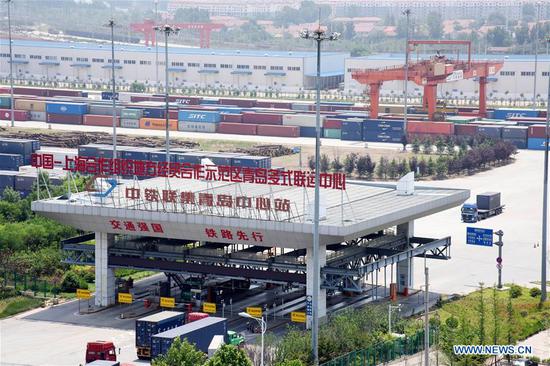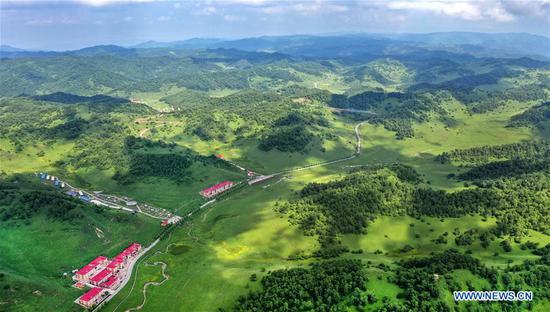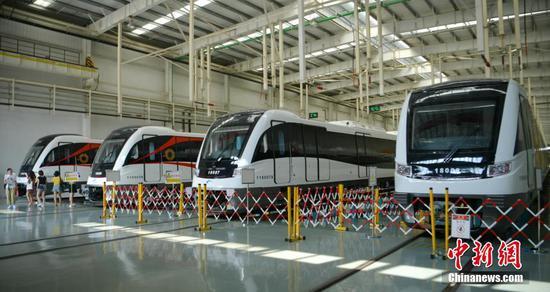Figures show impact of globalization, opening-up on China
China's use of overseas capital has surged by about 150 times during the past 37 years, while outbound non-financial foreign direct investment (FDI) rose about 45 times during the period, data published by the National Bureau of Statistics (NBS) showed on Sunday.
"The statistics reflect China's insistence on globalization and opening-up in the past several decades," one expert commented on the figures published on Qiushi, a journal run by China's Communist Party.
According to the NBS data, China's non-financial FDI reached $120.5 billion in 2018, up from $2.7 billion in 1981.
Meanwhile, China's use of overseas direct investment surged from $920 million in 1981 to $138.3 billion in 2018.
"China's history of reform and opening-up is also a history of using overseas capital. On the one hand, China introduced overseas capital to fill its gaps in funding for basic construction. On the other hand, overseas capital has managed to share the dividends of China's super-fast economic growth in the past 40 years by investing in the country," Wang Jun, deputy director of the Department of Information at the China Center for International Economic Exchanges, told the Global Times on Sunday.
Xi Junyang, a professor at the Shanghai University of Finance and Economics, said that the surge in overseas capital usage and outbound investment reflected the government's increasing strength of opening-up, as the areas accessible to overseas investment capital have been expanding all the time since 1979 in China.
"Also, it shows that China's economic growth is very attractive to overseas investment capital. Otherwise overseas capital wouldn't have flowed into China even with the opening-up measures," Xi told the Global Times on Sunday.
In 2018, China's use of overseas direct investment capital rose by 1.5 percent on a yearly basis, while outbound non-financial FDI rose by 0.3 percent, according to the NBS data.
"China's overseas capital usage has cooled down a little bit in the past year, influenced by the China-US trade war. However, I think overseas investors will see China is an 'indispensable' investment destination with the country's economic resilience and potential," Wang said.
China's usage of non-financial overseas capital surged by 3.7 percent year-on-year in the first five months of this year, showing an evident rebound, data from the Ministry of Commerce showed on Thursday.
The NBS data also showed that China's trade with the US accounted for 13.7 percent of China's overall trade in 2018, compared with 14.3 percent in 1981.
"The data has showed that China and the US are still important trading partners with each other despite their trade friction, as the two countries have strong complementary features in their trade structures," Wang noted.
But he cautioned that the impact of the trade war will take time to manifest itself further in the statistics.
"I am still cautiously optimistic about the prospects of China-US trade talks as the US government is unlikely to allow itself to go too far along the wrong path," he said.
Xi also said that China has already and will continue to broaden trade with non-US markets to achieve balance in overseas trade.
China's trade with the EU accounted for a bigger proportion in overall trade over the years, with the percentage rising to 14.8 percent in 2018 from 11.6 percent in 1981.










